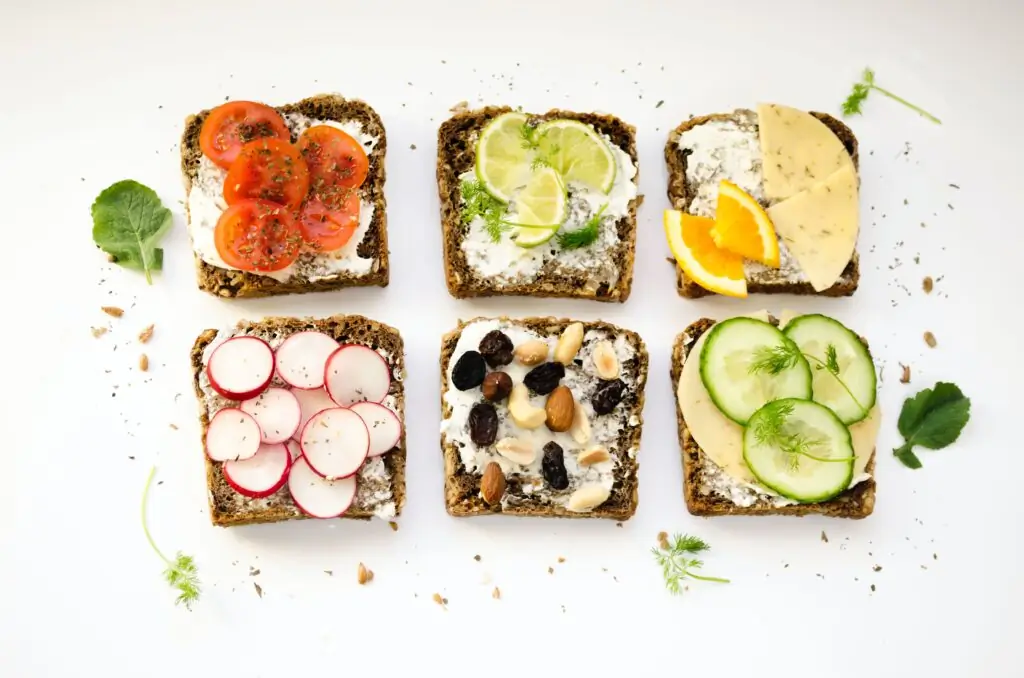Forget weight loss: the new science of building muscle and boosting health
Food27.11.2023

Dr. Carla Prado isn’t telling you to lose weight.
However, she would like you to maintain – and, if you can – build muscle.
But not by starving yourself.
In fact, Dr. Prado makes a welcome point for those of us who enjoy eating, which is, “If you don’t have enough nutrition, how are you going to feed your muscles?”
Innovative research
Recently elected as a Fellow in the Canadian Academy of Health Sciences for 2023 – one of the highest honours for individuals in the Canadian health sciences community – Dr. Prado’s research is changing clinical practice.
She’s known for her study of body composition – particularly low muscle mass – to predict health outcomes like cancer survival, and for her work designing targeted nutritional strategies to optimize body composition and improve health in multiple diseases.
Nutrition as therapy

The good news is, nutrition can also change quality of life for the average person. “Nutrition can actually be used as a therapy,” Dr. Prado says.
Nutrition is almost like a natural medication that we can use to live longer and better lives.
Dr. Prado
The way we nourish ourselves has widespread impact. “There is emerging research associating nutrition with mood, with cognitive decline, with brain health,” Dr. Prado says. “Our dietary choices are directly associated with all of those things.”
There is emerging research associating nutrition with mood, with cognitive decline, with brain health.
Dr. Prado
Dr. Prado focuses on body composition (i.e., the proportion of fat and muscle in our bodies), rather than body weight, and emphasizes that malnutrition can occur right in front of our eyes without us even recognizing it.
The threat of malnutrition
We may think we know what malnutrition looks like, and many of us may believe it’s something that doesn’t touch our lives, but it’s important to recognize that nutrition isn’t just about getting enough food, it’s about getting the right kind of food, and for many people that’s a struggle.
In fact, to her dismay, Dr. Prado herself discovered a family member who lives in Brazil was facing malnutrition. “I was horrified,” she says.
I speak all over the world about malnutrition, and we’re facing malnutrition inside our own family.
Dr. Prado
As shocking as that was, it fits in with what we know about the groups most likely to experience malnutrition, which include:
Older adults: In developed nations, older adults are one of the most at-risk groups for malnutrition. Factors like decreased appetite, dental issues, medications that alter taste, limited income, and decreased mobility can lead to inadequate nutrient intake.
Food insecurity: Even in wealthier nations, economic disparities can lead to food insecurity, affecting diverse groups of people. Those facing food insecurity may often rely on more affordable, calorie-dense foods that are low in essential nutrients. This issue is not exclusively tied to income but also involves factors like access to affordable and nutritious foods, which can be limited in certain areas.
People with illnesses or health conditions: Chronic diseases, mental health conditions, substance abuse issues, and use of certain medications can all influence appetite and nutrient absorption, potentially leading to malnutrition. Additionally, the prevalence of malnutrition is notably higher among hospitalized patients, often due to complex health needs and conditions they are managing.
It’s important to be aware of people or groups in our own communities who may be facing malnutrition and its effects on both individuals – decreasing immunity, worsening chronic conditions, and impairing physical and cognitive functions – as well as on our healthcare system, leading to higher rates of medical complications and increasing costs.
Information overload
It’s true, there’s a lot of information out there about food, diets, nutrition, etc. And, yes, it’s sometimes contradictory, and it changes over time.
Rather than seeing that as a problem, Dr. Prado prefers to adopt a positive perspective. “The information on nutrition is always evolving – that’s the nature of scientific progress. It’s important to embrace this evolution with a positive outlook. Understanding and adapting to new nutritional knowledge is a chance for us to foster healthier bodies and lifestyles. It’s not just change, it’s an opportunity for better health.”
That makes a lot of sense. Canada’s first food guide came out in 1942. At that time, it was called the Official Food Rules and declared: “Canada at war cannot afford to ignore the power that is obtainable by eating the right foods.” It went on to acknowledge wartime food rationing.
Obviously, times have changed, and it’s important that our understanding of, and approach to nutrition keeps up with new research and developments. Dr. Prado’s work is at the forefront of that change, providing a more nuanced understanding of people’s nutritional and health status, in a way that can make us healthier, while also making us feel better by challenging some of the preconceived biases built into older ways of talking about nutrition, weight, and diet.
First steps
To benefit from up-to-date research on nutrition, and to truly eat for health, rather than to follow fads, Dr. Prado recommends consulting reliable, research-based resources. To get started consider the following:
- Government resources like Canada’s Food Guide, or programs from your local public health agency, and local community centres.
- Respected associations or organizations focused on conditions or illnesses, such as Diabetes Canada, the Canadian Cancer Society, or the Heart and Stroke Foundation.
- Dietician-driven sites like UnlockFood.ca.
Of course, you can also check out Dr. Prado’s own free cookbook: The High Protein Cookbook for Muscle Health During Cancer Treatment.
And, if you’re somebody who loves apps, we at The Honest Talk have made a list of some suggested by many nutritional experts. You can see if their structure and messaging works for you:
Muscle health
With nutrition as a starting point, we can move to the next instalment of our series, looking at muscles. Muscle health is a major focus for Dr. Prado, who lives by the mantra, “Muscle matters” – and she’ll explain why you should care about your muscles just as much as she does.










